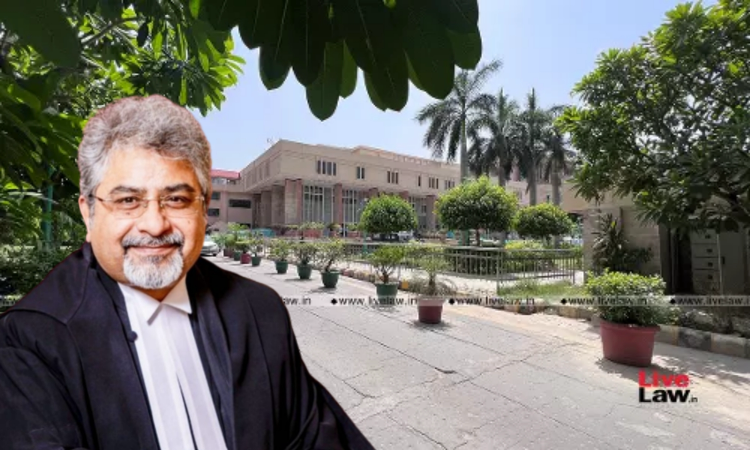- Home
- /
- High Courts
- /
- Delhi High Court
- /
- Merely Because Woman Doesn't Commit...
Merely Because Woman Doesn't Commit Suicide In Matrimonial Home Can't Mean It's Not A Case Of Dowry Death: Delhi High Court
Nupur Thapliyal
8 April 2025 11:30 AM IST
The Delhi High Court has ruled that merely because the deceased woman committed suicide in her parental home and not in her matrimonial home, does not mean that it is not a case of dowry death. “Place where a tormented lady gets compelled to kill herself has no bearing. For purposive interpretation of the provision under Section 304B IPC, it is the existence and continuance of matrimony...
The Delhi High Court has ruled that merely because the deceased woman committed suicide in her parental home and not in her matrimonial home, does not mean that it is not a case of dowry death.
“Place where a tormented lady gets compelled to kill herself has no bearing. For purposive interpretation of the provision under Section 304B IPC, it is the existence and continuance of matrimony which has to be kept in mind and not the place(s) to which the deceased shifts herself before taking her life,” Justice Girish Kathpalia said.
The Court made the observation while denying bail to a husband accused in a dowry death case. The FIR was filed by the deceased wife's father against the husband, his parents and sisters.
The husband argued that there was no harassment or dowry demand during the period when the deceased was shifted to her parental home and when she committed suicide. It was submitted that there was no material to show that soon before her death, the deceased was subjected to cruelty or dowry harassment.
“I am unable to convince myself that merely because the deceased committed suicide in her parental home and not in her matrimonial home, it is not a case of dowry death,” the Court said.
Denying bail to the husband, Justice Kathpalia said that rhe expression “soon before her death” used in Section 304B of IPC has to be construed keeping in mind the scope and purpose behind the enactment. Doing so, this expression has to be read as an expression of continuity of time and not an expression of mere length of time, the Court said.
“One has to keep in mind that the legislature in its wisdom used the phrase in question as “soon before” and not “immediately before”. What is contemplated by Section 304B IPC is “soon before death” and not “immediately before death”,” it added.
The Court rejected the husband's contention that the offence under Section 304B of IPC would not be made out because there was no allegation of harassment soon before death of the deceased.
Title: VINAY v. STATE GOVT. OF NCT OF DELHI
Citation: 2025 LiveLaw (Del) 423



